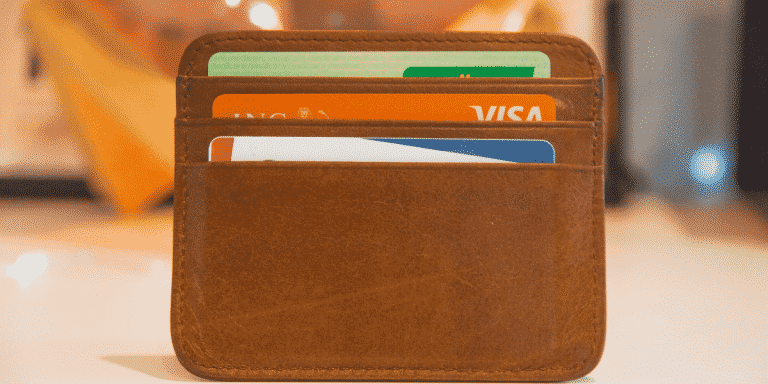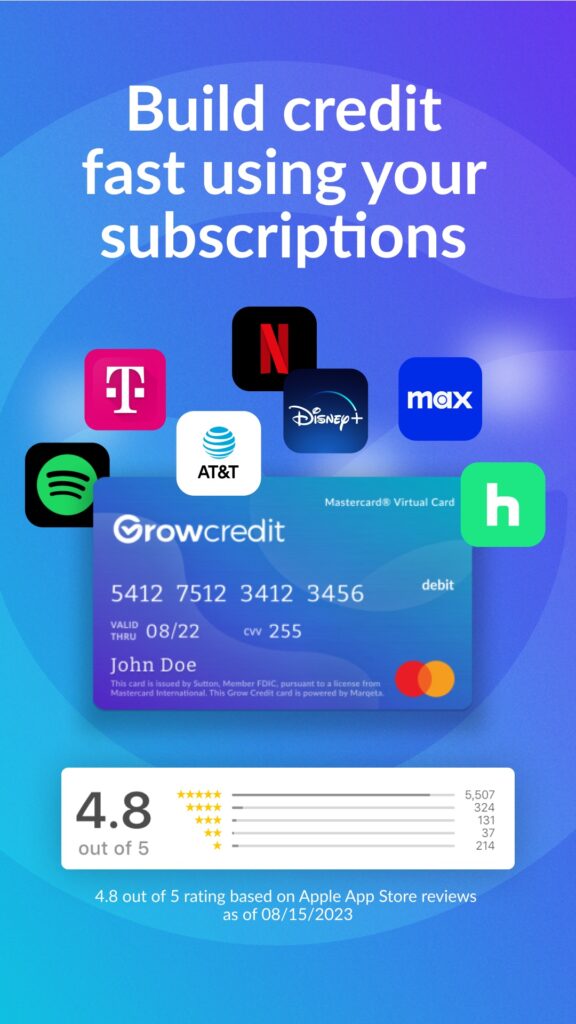Have you ever applied for a credit card and ended up surprised at how low the limit was? You’re certainly not alone, because many people find themselves in this exact scenario every day. Read this blog to know what is a high-limit credit card, and how to increase credit card limit?
You might have a high income and/or a high net worth, but the limit on your new credit card might not seem to reflect that. This might not make sense to you. We’re here to explain how credit card limits are determined and discuss some reasons as to why your limit was lower than you expected.
How do banks & credit card issuers determine credit card limits?
Financial institutions use a set of complex and specially engineered statistical models to determine how high your credit limit will be. Some criteria they use include your income, your net worth, your debt balances, your credit history, your credit score, and your current mix of debt.
The actual formula used to determine credit card limits is proprietary. That is, financial institutions keep this information secret. They do this for several reasons. The first reason they keep it secret is because they’re using this formula to make the most money for themselves, and keeping this formula secret allows them to protect their businesses. The second reason they keep it secret is because they don’t want individuals or businesses trying to “game” the system. Keep reading this blog on what is a high-limit credit card.
Credit card limits are determined on a case-by-case basis. Not everyone with similar credit profiles will get the same limit. Credit limits granted can also change over time. For example, during the 2020 financial crisis caused by the global COVID-19 pandemic, credit card issuers have been giving lower limits and have offered fewer limit increases to current cardholders.
Why Can’t I Get A High Limit Credit Card?
Your income or net worth are too low
This is an obvious one, but we thought it important to get it out of the way. Someone with an income of $30,000 per year is not going to get the same limit as someone with an income of $100,000 per year. Financial institutions know that your income is important to your ability to pay credit card bills.
But what if you have a high income or high net worth? Why else might you be unable to get a high limit credit card? Read this blog on what is a high-limit credit card.
Outstanding balances are too high
This is one of the most common reasons why some high income individuals are unable to get a high limit credit card. If you have a lot of debt, even if you’re able to make the payments on time, banks and other financial institutions are going to be less willing to give you more available credit.
Keep in mind that a card issuer is under no obligation to tell you why they set the limit they did. It’s up to you to look at your own credit profile and see if there’s anything you can improve on. Read this blog on how to increase credit limit.
Your credit score is too low
If you have poor credit, card issuers are not going to want to lend you much money. You’re considered high risk, and they’re not willing to provide you with a large limit if you’re a high risk borrower.
People with low credit scores also have trouble getting car loans, mortgages, and personal loans. If you want to improve your credit, but your credit score is currently low, check out our guide to improving your credit in a few easy steps!
You lack a credit history
If you’re a recent graduate working a well-paying job, but you don’t have a credit history, you probably will not qualify for a card with a high limit. In fact, you might not be able to get an unsecured card at all! Keep reading this blog on how to increase credit card limit.
If you don’t have a credit history, your best bet is to open up a secured credit card with a small limit. Use it often, but don’t go above 50% of your total limit. After about a year of using this card, you should be able to qualify for an unsecured card with a much higher limit. However, if you qualify for an unsecured card immediately, take it and use it wisely!
The economic situation is not favorable
After the credit crisis in 2008, many people found themselves completely unable to open up a new credit card for a short time. Shortly thereafter, banks were offering very small limits on credit cards and were thrifty with the loans they provided.
This is not unusual. Banks and financial institutions are businesses, too, and they react to the overall economic situation.



